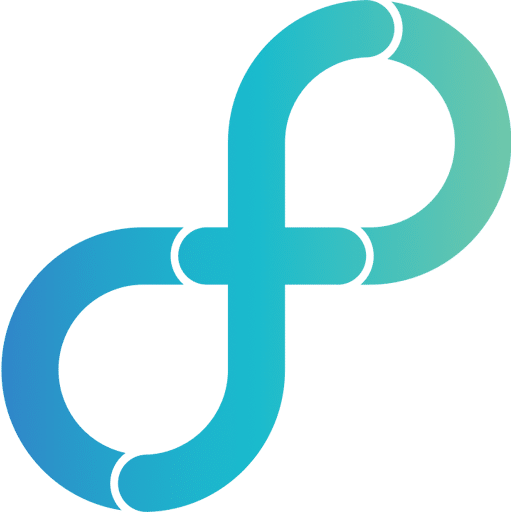Introducing AI into the people-centric world of HR may initially appear as a surprising juxtaposition. After all, what does something artificial understand about being human?
The truth is many HR leaders see something remarkable happening with AI. In fact, 92% plan to increase use of AI in at least one area of HR, according to Eightfold’s Talent Survey. The big question is, will these HR leaders receive the full benefits they expect after adding talent intelligence to their HR tech stack?
Breaking through the AI noise
With the prevalent rise of innovations, like GenAI, it is easy to associate artificial intelligence with content creation and keyword searches, but knowing exactly where and how to introduce AI into your HR functions is more challenging.
Talent solutions can yield dramatically different results depending on the depth and scope of the AI that powers them. A true talent intelligence platform is an advanced technology guided by deep-learning AI to make better decisions throughout everything in the talent life cycle.
These solutions do more than just automate processes — they provide robust data and insights that enable leaders to make strategic, informed decisions. This becomes critical in identifying and nurturing the right talent that aligns with the organization’s culture and objectives.
Related content: Confused about what talent intelligence is and how it can serve your business? Read Aptitude Research’s latest report on demystifying talent intelligence and why you need it to unlock the skills potential in your organization.
5 reasons to use AI in your talent strategy:
1. Your talent strategy should be dynamic.
It’s easy for recruiting and talent management strategies to stagnate in this fast-paced world of change. It’s time for HR to leave manual processes behind — with the help of automation — and take a more strategic seat at the leadership table to align talent strategies to overall business objectives.
The best talent intelligence solutions are skills-based and dynamic. This is where the focus of real deep-learning AI makes a difference. It will help you gain industry insights, including seeing the rising and declining skills in your organization and industry, and can better predict the skills you will need in the future.
2. Your HR team can achieve more with less stress.
The need to embed holistic well-being everywhere is one of the HR Meta-Trends in 2023 identified by SAP. Specifically, the report flags up the “HR burnout crisis” for those who’ve been managing persistent challenges and change.
AI helps by automating the most manual tasks, including screening and sorting résumés and finding and matching best-fit candidates based on their skills, all while providing real-time, relevant data. This helps your HR team leave the work that leads to burnout behind and focus on the human-centered work of connecting with candidates.
3. Your workforce becomes more flexible.
With AI, you no longer need to constantly look for external candidates for succession planning or new positions. AI can show you a complete talent pool of your current employees, contingent workers, and previous candidates. You’ll see what they can do today and where upskilling potential exists in adjacent areas.
This approach is a great way to avoid losing outstanding workers once they’ve completed assignments or those great silver-medalist candidates who just missed out on an offer. You can save time, reduce hiring costs, and get more predictable candidates joining your team with talent intelligence.
4. It’s easier to uncover diverse candidates.
Rather than introduce bias in recruitment, AI can help you create a more level playing field for all candidates. Through talent intelligence, you can build a more robust pipeline of skilled people, reaching out to the broadest audience, with a focus on their skills and potential.
Anonymous résumé screening can hide factors that can lead to bias. Names, ages, genders, zip codes, schools attended, and other factors not relevant to the role. This enables hiring managers to focus on qualifications, skills, and potential, reducing the risk of bias.
5. It’s easier to find people with in-demand skills.
Finding and hiring the right people can be slow and expensive, often holding back projects. Talent intelligence can discover candidates you might otherwise miss.
Based on deep-learning of skills and capabilities, AI knows who might have the skills and potential you need. Why? Because AI is finding comparable capabilities, which helps you fill roles and grow your employees’ skills.
Transform your workforce faster with AI
With authentic talent intelligence, you can make better-informed decisions throughout the talent life cycle and drive real change across your organization.
For more information about what Eightfold and SAP SuccessFactors can do for you, contact us.
About Eightfold AI and SAP SuccessFactors: Together, SAP SuccessFactors and Eightfold AI help customers drive more effective, forward-looking talent strategies. By connecting the comprehensive foundation of enterprise and employee data in SAP SuccessFactors with the Eightfold Talent Intelligence Platform, organizations can find and recruit the right talent faster, accelerate employee development and growth, promote internal mobility, and drive the organizational agility needed for future business success.










